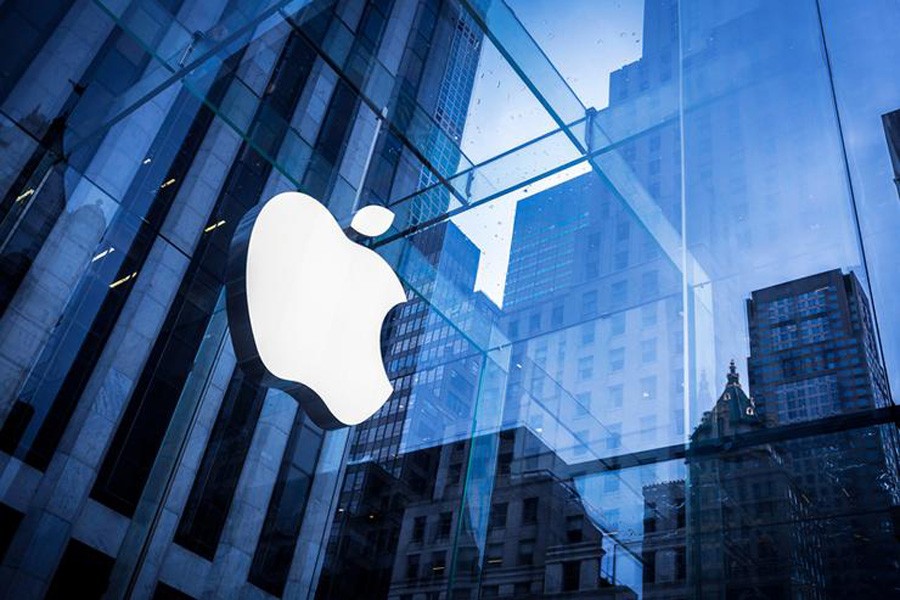A US court has ordered South Korea's Samsung Electronics pay $539 million (£403 million) in damages for copying features of Apple's original iPhone.
The jury's decision is the latest step in a long-running legal battle between the world's top smartphone makers.
It began in 2011 when Apple argued Samsung had infringed on some patents.
Apple was awarded $1.05 billion in damages a year later but the rivals have fought over the final amount ever since.
In the latest court ruling, most of the damages payment - $533.3 million - was awarded for infringing three Apple design patents. The remainder was for violating two patented functions.
In a statement, Apple said it was pleased that the members of the jury "agree that Samsung should pay for copying our products."
"This case has always been about more than money," the tech giant said, adding that it was important that it continued to protect the "hard work and innovation of so many people at Apple".
But Samsung said the decision "flies in the face" of the unanimous Supreme Court ruling in its favour on the way the design patent damages are calculated.
No "clear win"
Samsung had argued that it should only have to pay $28 million in damages - limiting the sum to profits directly related to the components or features covered by the patents.
Apple argued for a much bigger figure, calculated on the profits made from an entire iPhone.
"It is not a clear win for either firm because Apple had asked for $2.5 billion in damages in its original claim", according to Kiranjeet Kaur, tech analyst at research firm IDC in Singapore.
And Ms Kaur added that the possibility of another appeal by Samsung "cannot be eliminated".
"It is clearly not the verdict Samsung wanted or expected, and apart from the damages it has to pay, it points out that indeed designs were copied," she said.
She added the ruling should serve as a warning to smaller players to be "more wary of overstepping (patents), especially in markets like the US", reports BBC.


